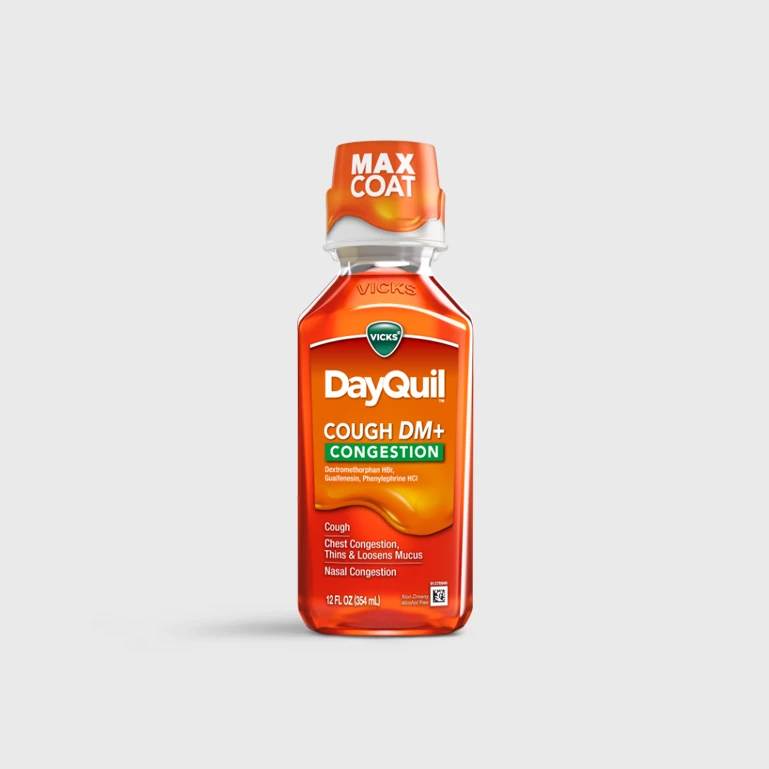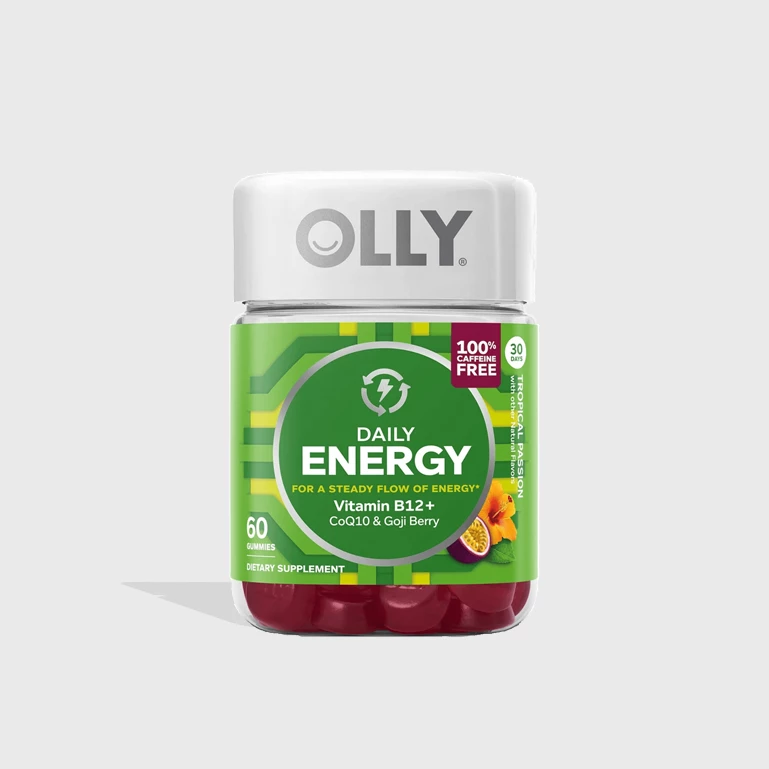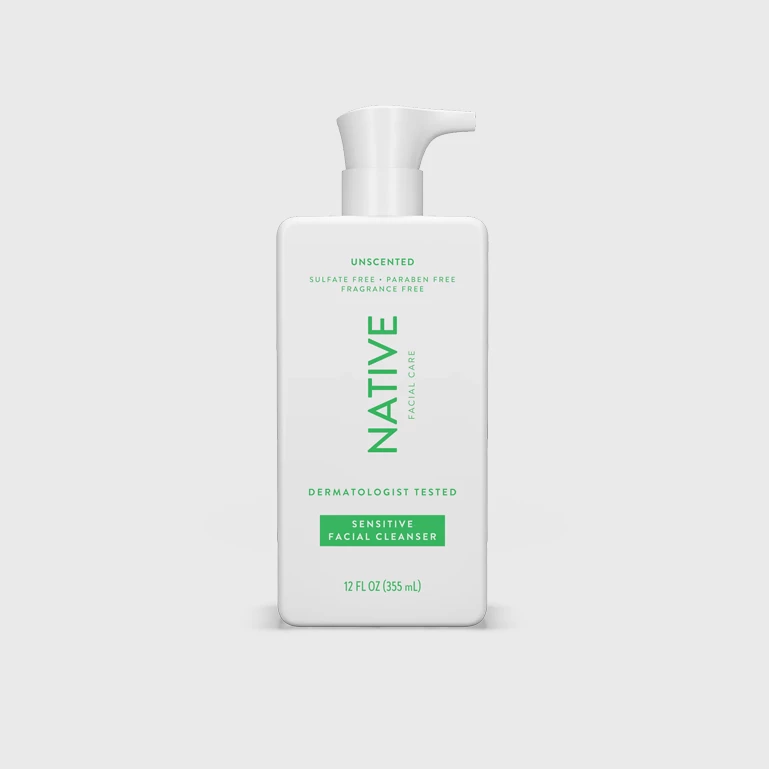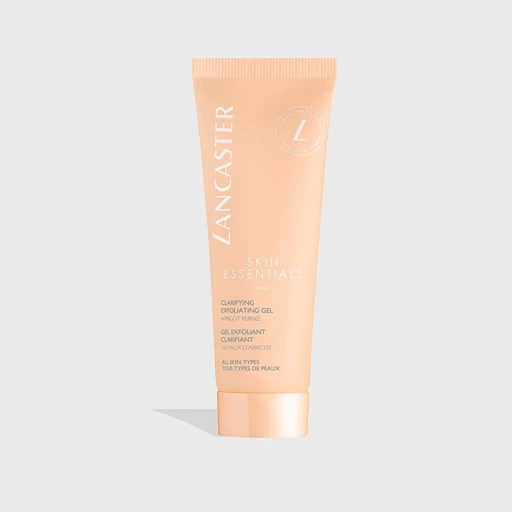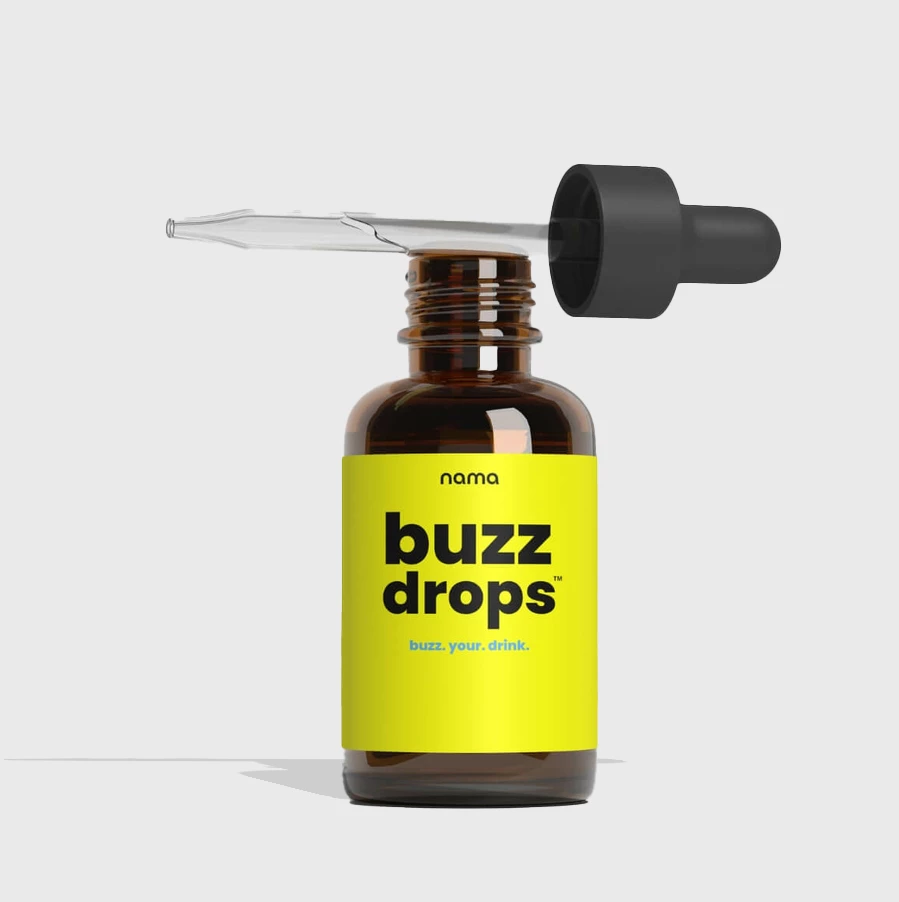CBD and Seasonal Affective Disorder: Brightening the Winter Blues
CBD and Seasonal Affective Disorder: Brightening the Winter Blues

CBD and Seasonal Affective Disorder: Brightening the Winter Blues
Introduction
As winter sets in, many people experience a dip in mood and energy levels due to seasonal affective disorder (SAD), a type of depression linked to shorter daylight hours. While traditional treatments like light therapy and antidepressants are common, cannabidiol (CBD) has emerged as a promising natural remedy. With its potential to alleviate anxiety, improve sleep, and stabilize mood, CBD offers a holistic approach to managing SAD. This article explores the connection between CBD and seasonal affective disorder, discussing its benefits, usage, and emerging trends.
Understanding Seasonal Affective Disorder (SAD)
SAD is characterized by symptoms such as low energy, irritability, difficulty concentrating, and changes in sleep and appetite. The condition is linked to a reduction in sunlight during winter, which disrupts circadian rhythms and lowers serotonin levels.
-
Causes of SAD
- Decreased sunlight reduces serotonin production, a neurotransmitter crucial for mood regulation.
- Disrupted melatonin levels affect sleep-wake cycles.
- Genetic and environmental factors can also contribute.
-
Traditional Treatments
- Light therapy to mimic natural sunlight.
- Antidepressant medications.
- Cognitive-behavioral therapy (CBT).
Explore comprehensive SAD treatments at Vliso.ai.
How CBD Can Help with SAD
CBD interacts with the body’s endocannabinoid system (ECS), which regulates mood, sleep, and stress. Here’s how CBD may alleviate SAD symptoms:
-
Mood Regulation
- CBD influences serotonin receptors, promoting a sense of well-being without the psychoactive effects of THC.
-
Reducing Anxiety
- SAD often leads to heightened anxiety. CBD’s anxiolytic properties can calm the mind, making it easier to manage daily stressors.
Learn more about CBD’s impact on anxiety at Vliso.ai.
-
Improving Sleep
- Sleep disturbances are common in SAD. CBD supports better sleep by regulating melatonin production and promoting relaxation.
-
Combating Fatigue
- By reducing inflammation and balancing energy levels, CBD can help combat the lethargy associated with SAD.
Scientific Insights: CBD and Depression
Emerging research highlights CBD’s potential in addressing depression-related symptoms. Studies suggest that:
-
Neurogenesis Support
- CBD may encourage the growth of new neurons in the hippocampus, a brain region linked to mood regulation.
-
Cortisol Reduction
- High cortisol levels, associated with stress, are often observed in SAD patients. CBD helps lower cortisol, promoting relaxation.
Discover the science behind CBD and mood disorders at Vliso.ai.
Best Ways to Use CBD for SAD
-
CBD Oils and Tinctures
- These are fast-acting and allow precise dosing. Place a few drops under your tongue for quick absorption.
-
CBD Capsules
- Ideal for those seeking a pre-measured, discreet option.
-
CBD Edibles
- Gummies and chocolates are popular choices for a convenient and enjoyable experience.
-
CBD Topicals
- While less common for SAD, topicals can be part of a relaxation routine, such as CBD-infused balms for self-massage.
Explore high-quality CBD products at Vliso.ai.
Dosage Guidelines
-
Start Low and Go Slow
- Begin with a small dose and gradually increase until the desired effects are achieved.
-
Consult a Healthcare Provider
- Especially if you’re taking other medications or have underlying health conditions.
Integrating CBD with Other SAD Treatments
CBD works best when combined with other treatments for SAD. Here’s how:
-
Light Therapy
- Use CBD alongside light therapy to boost mood and regulate circadian rhythms.
-
Exercise
- Physical activity enhances the mood-stabilizing effects of CBD.
-
Mindfulness Practices
- Incorporate yoga or meditation with CBD to deepen relaxation.
Find tips on combining CBD with wellness practices at Vliso.ai.
Real-Life Testimonials
Many users have reported improved mood, better sleep, and reduced anxiety when using CBD for SAD. Their experiences highlight CBD’s potential to bring light to the darkest days of winter.
Potential Side Effects and Precautions
-
Possible Side Effects
- Mild side effects like drowsiness, dry mouth, or changes in appetite.
-
Interactions with Medications
- CBD may interact with certain medications. Consult a healthcare provider before use.
-
Choosing Quality Products
- Always select third-party tested, high-quality CBD products for safety and efficacy.
The Future of CBD and SAD Management
As research continues to expand, CBD’s role in managing mood disorders like SAD is becoming increasingly recognized. Innovations in delivery methods and tailored formulations are likely to enhance its effectiveness.
Conclusion
CBD offers a natural, versatile solution for managing seasonal affective disorder. By addressing mood, anxiety, sleep, and energy levels, it complements traditional treatments and holistic approaches. As winter approaches, incorporating CBD into your wellness routine can help brighten even the darkest days.





